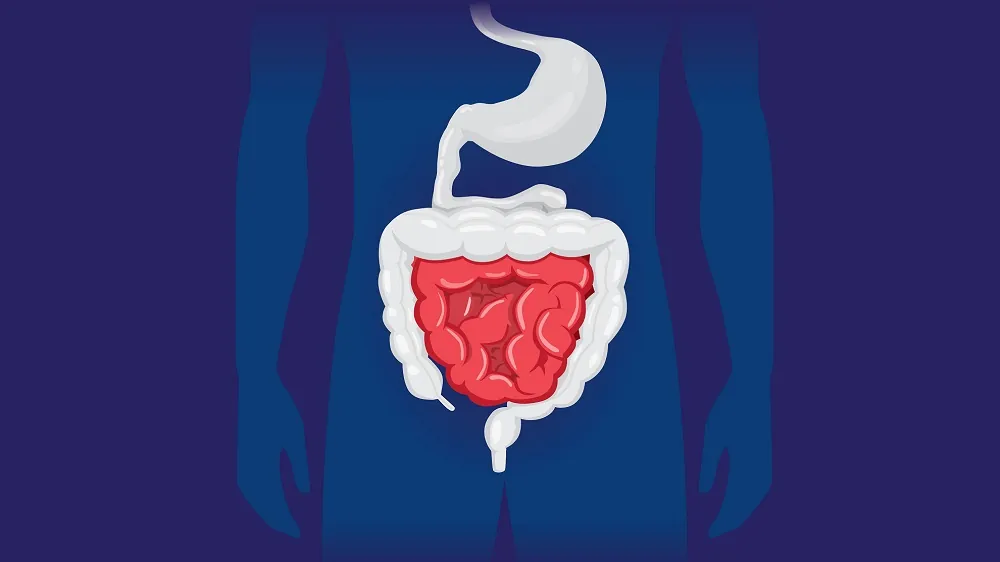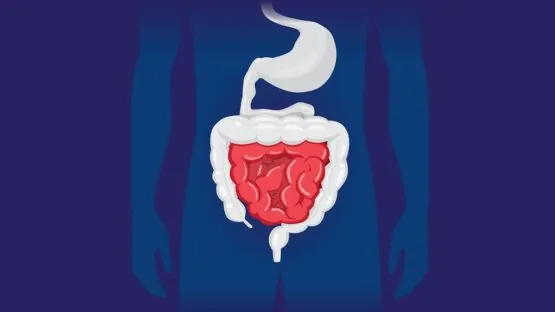In Aging, a team of researchers has outlined a possible relationship between low grip strength and compounds in the gut microbiome.
The gut-muscle axis
As these researchers note, previous work has described many of the various ways in which metabolism is related to age-related muscle dysfunction, including inflammation, oxidative stress, accumulation of advanced glycation end-products (AGEs), and mitochondrial dysfunction, which is a hallmark of aging.
These shifts in metabolism have been linked to the gut microbiome, the collection of bacteria that exist in the human intestine [1]. Other work has pointed to the possible existence of a gut-muscle axis, which, similarly to the gut-brain axis, links two separate organs through chemical pathways [2]. These researchers note the paucity of data describing this axis, however, and so they began a detailed chemical examination to uncover relationships.
Pinpointing the most likely metabolites
A total of 15 people between the ages of 77 and 90 were recruited for this small study, seven with normal handgrip strength and eight with weaker grips. While all participants had similar BMI and gait speed measurements, the people with weaker grips were more likely to have diabetes and to be taking its related medications.
Cinnamic acids were reduced in the weaker group, while their fatty acids were higher. A metabolic pathway analysis corroborated this, revealing that fatty acids were significantly higher in the weaker group. There was a direct correlation between a lack of cinnamic acids and a lack of grip strength.
A fecal analysis was also performed, and it found many of the same correlations as the metabolic analysis. Just like in their bodies, the cinnamic acids found in the feces of the weaker group was reduced. There was also a correlation between drug metabolites and reduced grip strength, although this is unlikely to be causative.
Correlations with the gut microbiome
The weaker group had fewer different varieties of microbiota in their intestines. This is in accordance with previous research demonstrating that a more diverse microbiome is correlated with better health in advanced age. Many of the bacterial species associated with ill health in previous work were also found to be associated with weaker grip strength here.
Most critically, the researchers found a direct correlation between the lack of cinnamic acids and the absence of specific bacteria that are associated with them. This, the researchers believe, is the key piece of the puzzle: that in people with reduced strength, there is likely to be a lack of cinnamic acids produced by the microbiome, which have been noted to cause multiple, potentially beneficial, effects [3].
However, this was a small study, and the way in which gut-derived cinnamic acids might affect muscle strength was not biologically explored. A substantial amount of future research will have to be conducted to further elucidate this relationship.
Literature
[1] Ticinesi, A., Nouvenne, A., Cerundolo, N., Catania, P., Prati, B., Tana, C., & Meschi, T. (2019). Gut microbiota, muscle mass and function in aging: a focus on physical frailty and sarcopenia. Nutrients, 11(7), 1633.
[2] Ticinesi, A., Lauretani, F., Milani, C., Nouvenne, A., Tana, C., Del Rio, D., … & Meschi, T. (2017). Aging gut microbiota at the cross-road between nutrition, physical frailty, and sarcopenia: is there a gut–muscle axis?. Nutrients, 9(12), 1303.
[3] Song, F., Li, H., Sun, J., & Wang, S. (2013). Protective effects of cinnamic acid and cinnamic aldehyde on isoproterenol-induced acute myocardial ischemia in rats. Journal of ethnopharmacology, 150(1), 125-130.




